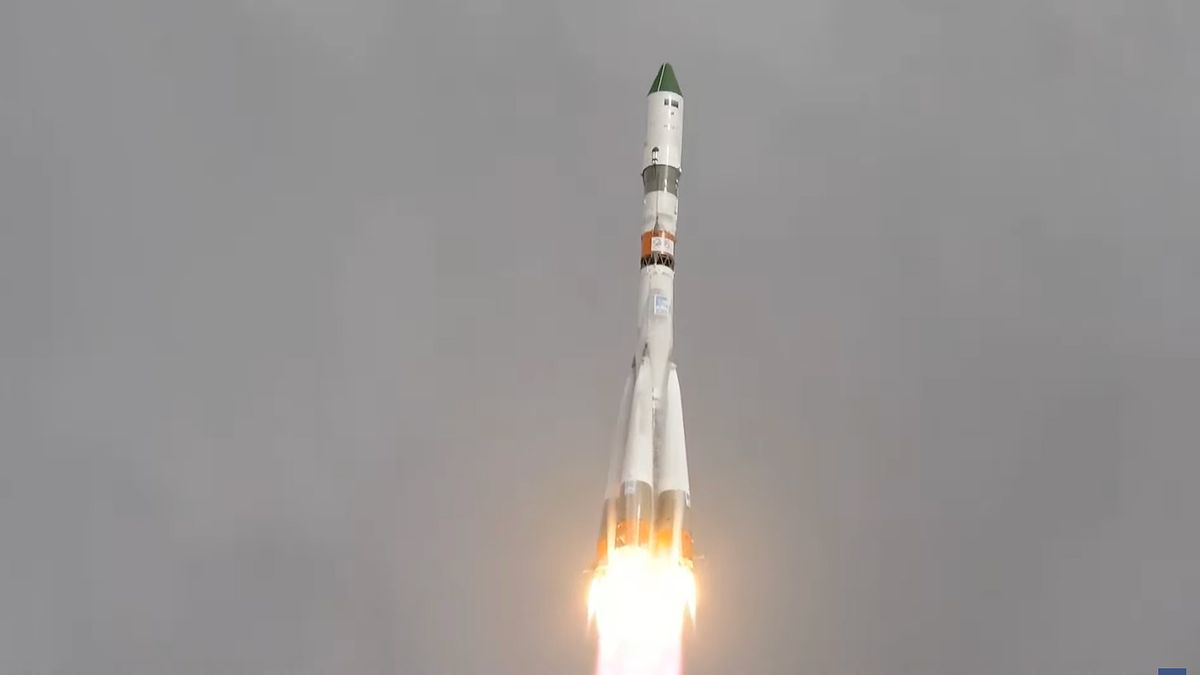A Russian cargo spacecraft will launch toward the space station on Thursday morning (Nov. 21), and you can watch it live.
A Soyuz rocket is scheduled to launch the uncrewed Progress 90 spacecraft to the International Space Station on Thursday from Baikonur Cosmodrome in Kazakhstan at7:22 a.m. EST (1222 GMT; 5:22 p.m. local time in Kazakhstan).
NASA will carry the launch live via NASA+, and Space.com will simulcast it, if possible. Launch coverage begins at 7 a.m. EST (1200 GMT).
Progress 90 will dock with the ISS’ Poisk module on Saturday (Nov. 23) around 9:35 a.m. EST (1435 GMT). NASA plans to carry this as well on NASA+, beginning at 8:45 a.m. EST (1345 GMT), and Space.com will simulcast if possible.
Related: Russia launches a Valentine’s Day Progress supply ship to the ISS
Progress 90 will carry fresh food and supplies for the Expedition 72 crew on the space station and is expected to remain docked for six months, NASA officials stated. When Progress comes back to Earth, it will be loaded with trash to naturally burn up in Earth’s atmosphere.
Progress spacecraft are also used to help the ISS maneuver, both to dodge space junk and to periodically boost its orbit. U.S. spacecraft have been starting to take over that latter job lately, however.
Northrup Grumman’s Cygnus and SpaceX’s Dragon have both been used for years to supply food, equipment and other vital items for astronaut crews. Both of these spacecraft have boosted the ISS as well.
The ISS is a consortium that includes Russia and NASA as the main partners. Russia, however, plans to pull out of the orbiting complex as soon as 2028 while NASA and the rest of the partnership are committed to 2030. This is part of why NASA is testing U.S. spacecraft capabilities for more ISS operations.
NASA and Russia remain on the ISS together in the wake of the unsanctioned invasion of Ukraine that Russia engaged in starting in 2022. Most international space partnerships with Russia were severed, but the ISS remains for policy and technical reasons as the complex cannot be broken apart, among other reasons.




